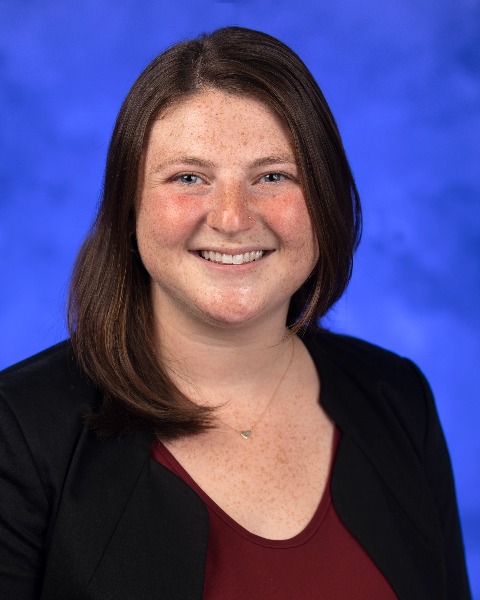Medical Education Works in Progress
Session: Medical Education Works in Progress
WIP 35 - Design and analysis of resident driven curriculum to address vaccine hesitancy
Saturday, April 26, 2025
2:30pm - 4:45pm HST
Publication Number: WIP 35.7485
Zeva Graf, Children's Hospital Colorado, Denver, CO, United States; Nazanin Kazemi-Butterfield, Children's Hospital Colorado, Denver, CO, United States; Tavishi Chopra, Children's Hospital Colorado, Aurora, CO, United States; Michelle Kiger, University of Colorado School of Medicine, Highlands Ranch, CO, United States; David Higgins, University of Colorado School of Medicine, Aurora, CO, United States

Zeva Graf, MD (she/her/hers)
Resident
Children's Hospital Colorado
Denver, Colorado, United States
WIP Poster Presenter(s)
Background: Since 2020, rates of childhood vaccination have decreased, and non-medical exemptions for school-required vaccines have reached an all-time high. Pediatricians are increasingly faced with parental vaccine hesitancy but often feel unequipped to address it. To improve vaccine knowledge, our residency program previously developed an email-based curriculum to educate residents on childhood vaccines. While this curriculum increased residents’ vaccine knowledge, it did not increase confidence in addressing vaccine hesitancy. Effective programs exist to improve pediatricians’ training in addressing parental vaccine hesitancy, yet these have not been routinely implemented into pediatric training.
Objective: To evaluate the implementation of resident-designed workshops on vaccine counseling within a longitudinal vaccine curriculum, and to improve resident knowledge, confidence, and clinical practice regarding counseling on vaccine hesitancy.
Design/Methods: Following Kern’s six-step method for curriculum development, we will integrate education on addressing vaccine hesitancy into our existing vaccine curriculum for all residents at a large pediatric residency program. To date, we have conducted general and targeted needs assessments informed by prior literature on vaccine education and specific resident feedback from our initial vaccine curriculum. We have crafted learning goals with specific objectives tied to vaccine counseling. Based on these assessments, we are implementing a curriculum consisting of three workshops from November 2024-February 2025 adapted from effective training programs designed for pediatric clinicians and clinics. We will adopt a series of program evaluations informed by the CIPP (context/input/process/product) model. We will survey residents before and after participation on 1) knowledge of strategies for vaccine hesitancy counseling, 2) self-reported resident practices on counseling and 3) confidence in addressing parental vaccine hesitancy. This study is pending review by the Colorado Multiple Institutional Review Board.

